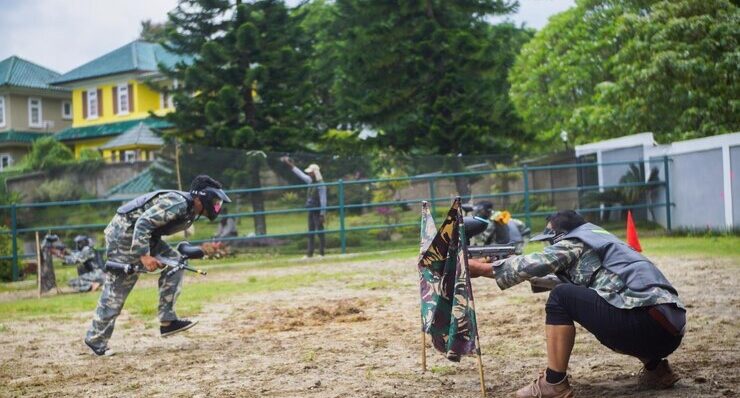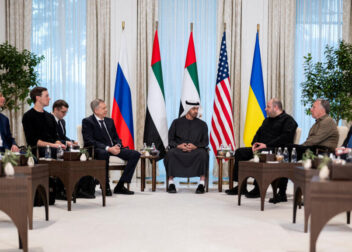Maharashtra’s Bold Step: Basic Military Training for Young Students
In a groundbreaking move, the Maharashtra government has announced plans to introduce basic military training for students starting from Class 1, aiming to instill patriotism, discipline, and physical fitness in children from an early age. Announced by State School Education Minister Dada Bhuse on June 3, 2025, this initiative marks a significant shift in the state’s educational approach, blending traditional academics with values associated with military training. The program, described as a first-of-its-kind in India, has sparked widespread discussion among educators, parents, and policymakers about its potential impact on young learners.
The initiative, backed by Maharashtra Chief Minister Devendra Fadnavis, will involve over 2.5 lakh ex-servicemen, alongside National Cadet Corps (NCC) officials, Scouts and Guides units, and school sports teachers, to train students. According to recent reports, the training will focus on fostering love for the country, encouraging regular physical exercise, and cultivating discipline as a lifelong habit. Unlike advanced military programs, this curriculum will be tailored for young children, emphasizing basic drills, teamwork exercises, and activities designed to build resilience and a sense of responsibility. For Class 1 students, aged around six, the training will likely include simple activities like marching, basic fitness routines, and lessons on national pride.
The decision stems from a broader vision to prepare students for both personal growth and civic responsibility. Minister Bhuse emphasized that early exposure to discipline and physical fitness could benefit students in the long term, equipping them with skills to navigate challenges in an increasingly competitive world. The involvement of retired soldiers is a key component, leveraging their expertise to impart values of leadership and perseverance. This move aligns with Maharashtra’s efforts to enhance its educational framework, which already includes robust programs like the NCC and Scouts and Guides, known for fostering leadership and community service among youth.
However, the announcement has not been without controversy. Some educators and parents have raised concerns about the appropriateness of introducing military training to children as young as six. Critics argue that such programs could place undue pressure on young students or prioritize nationalistic values over creative and academic development. Others question the logistics of implementing such a widespread initiative, given the state’s diverse educational landscape, which includes urban, rural, and under-resourced schools. Recent posts on X reflect mixed sentiments, with some users praising the initiative for promoting patriotism and others expressing skepticism about its feasibility and impact on young minds.
Supporters, however, see the program as a progressive step toward holistic education. Experts in child psychology note that structured activities like those proposed can enhance teamwork, confidence, and physical health, provided they are age-appropriate and conducted in a nurturing environment. The involvement of ex-servicemen is viewed as a strength, as their experience could provide mentorship and inspire students. Additionally, the program’s emphasis on physical fitness addresses growing concerns about sedentary lifestyles among children, a pressing issue highlighted in recent health studies.
To ensure effective implementation, the Maharashtra government plans to roll out the program in phases, starting with pilot projects in select schools. The state’s education department is reportedly developing a curriculum that balances military-style training with the developmental needs of young learners. Schools will receive guidelines to integrate these activities into their schedules without compromising academic priorities. The initiative also aligns with national efforts to promote discipline and civic engagement, as seen in programs like the National Education Policy (NEP) 2020, which emphasizes holistic and value-based education.
As Maharashtra embarks on this ambitious journey, the success of the program will depend on careful planning, stakeholder collaboration, and sensitivity to the needs of young students. While the initiative has sparked debate, its focus on patriotism, discipline, and physical fitness reflects a broader aspiration to nurture well-rounded citizens. As the state prepares to implement this pioneering program, all eyes will be on how it shapes the next generation of learners in India.


